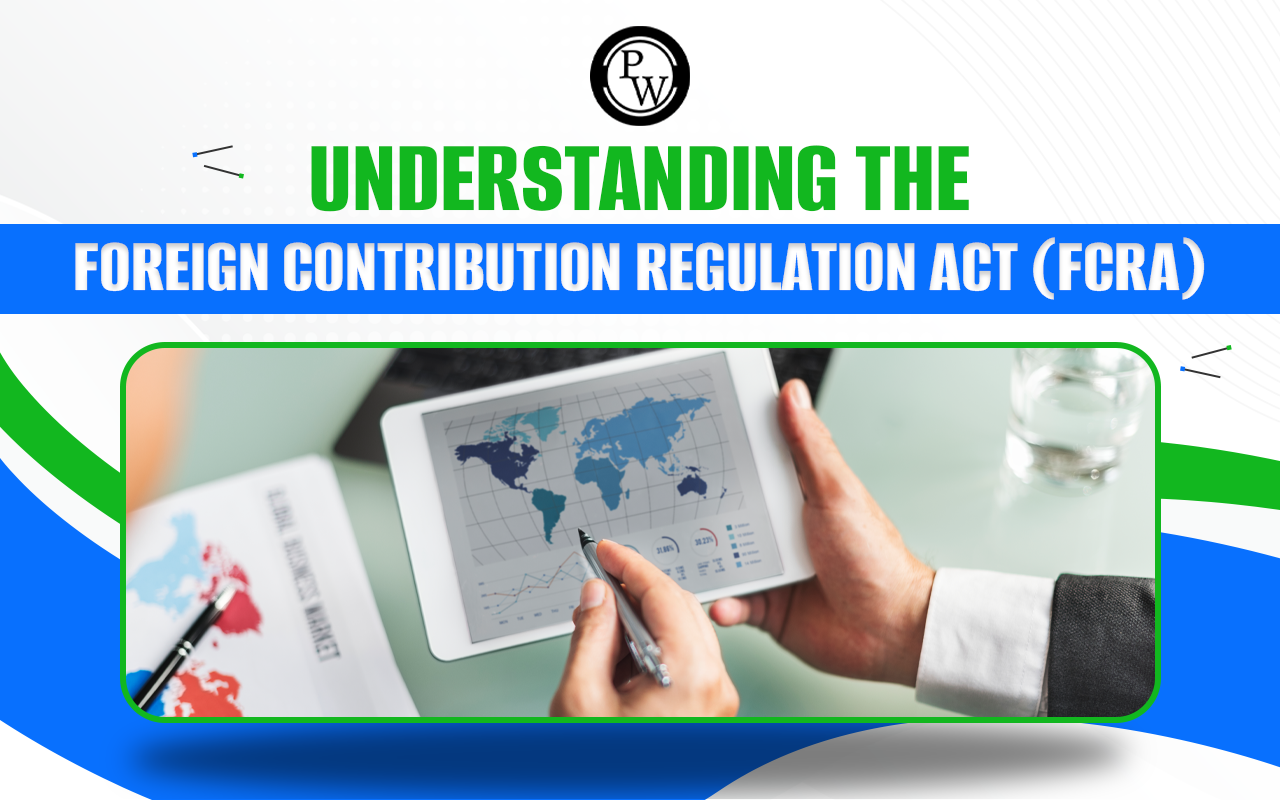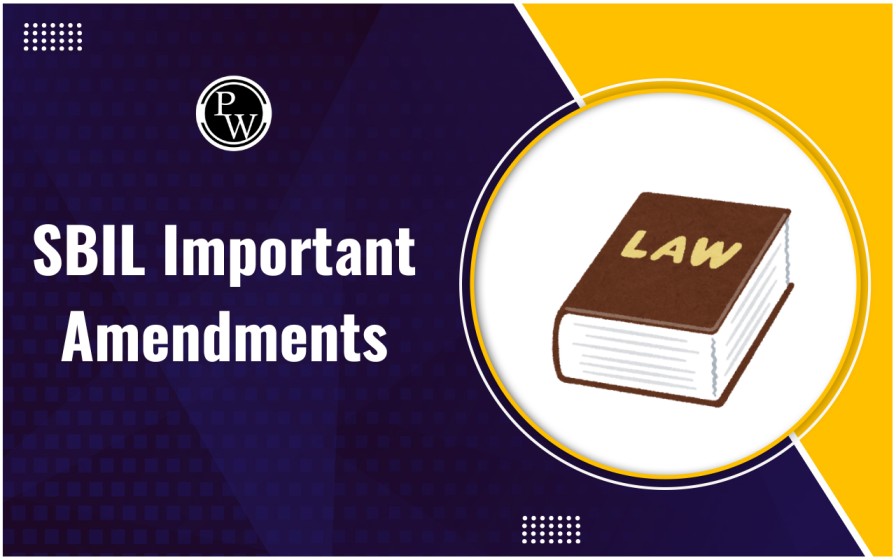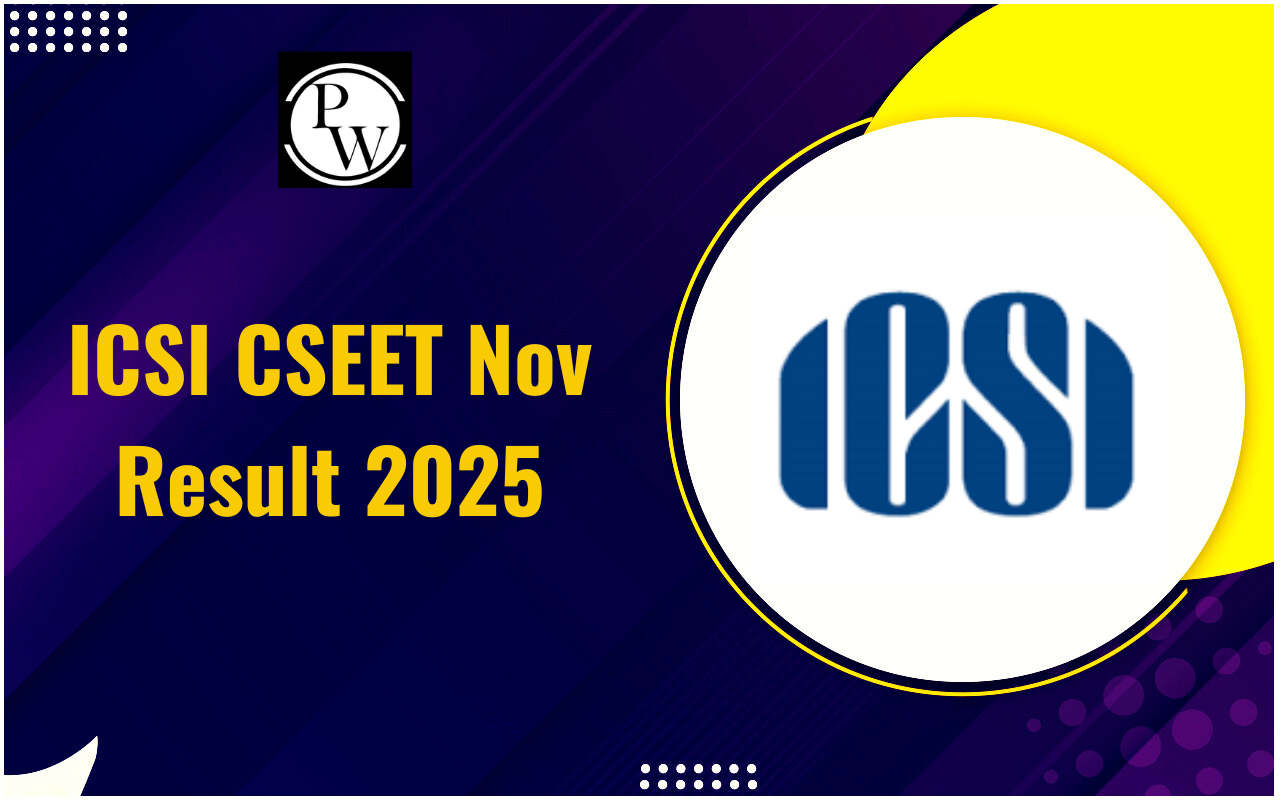

The Foreign Contribution Regulation Act (FCRA) governs the inflow and utilization of foreign funds by individuals, associations, and organizations in India. Introduced with the objective of maintaining national integrity, the FCRA ensures that foreign contributions do not compromise the functioning of institutions or influence democratic processes.
This article provides a detailed understanding of FCRA, its evolution, key provisions, impact on NGOs and civil society, and ongoing global concerns.
Evolution of the Foreign Contribution Regulation Act
The origin of FCRA dates back to 1976, introduced during a period when there were heightened concerns about external influences on Indian socio-political affairs. The primary motive was to monitor foreign assistance to voluntary organizations and ensure these funds were not misused for activities affecting national sovereignty and democratic governance.
Over the years, the Act has undergone key revisions:
-
FCRA 2010: This amendment streamlined the registration and monitoring process, bringing greater scrutiny to the way foreign funds were used by registered entities.
-
FCRA 2020: New restrictions were introduced to further strengthen oversight, improve transparency, and prevent possible misuse of foreign aid.
The 2020 update brought noticeable changes in terms of fund management, administrative usage, and fund flow, especially for non-governmental organizations (NGOs) and other voluntary entities.
Key Provisions of the Foreign Contribution Regulation Act (FCRA)
The FCRA outlines specific regulations governing the registration, acceptance, and utilization of foreign contributions. Below are the important provisions explained:
1. Mandatory FCRA Registration
Entities intending to receive foreign contributions must obtain prior registration or approval under the Act. Registration is typically granted for a period of five years, subject to renewal. Applicants are required to demonstrate legitimacy and specify the purpose of funds.
2. Designated Bank Account for Foreign Contributions
All foreign funds must be received only in a designated bank account. As per the 2020 amendment, this account must be opened at State Bank of India’s New Delhi branch, ensuring centralized scrutiny. This measure aims to bring more transparency to financial transactions.
3. Utilization Restrictions
Funds received under FCRA must be used exclusively for the purpose declared during registration. Activities that are political, religiously sensitive, or against public interest are not permitted under the scope of foreign-funded projects.
4. Prohibited Categories
Certain individuals and entities are prohibited from receiving foreign funds, including:
- Election candidates
- Members of legislatures
- Government employees
- Judges
- Journalists associated with registered media outlets
- Political parties and their representatives
- These restrictions are in place to prevent potential conflicts of interest or influence over policy and public affairs.
5. Cap on Administrative Expenses
A notable change in the 2020 amendment was the reduction of administrative expense limit from 50% to 20%. This means organizations must allocate at least 80% of foreign funds to programmatic activities directly benefitting the target groups. While aimed at efficient fund use, this provision has affected operational flexibility, especially for smaller organizations.
6. Ban on Sub-Granting
Registered organizations are no longer allowed to transfer received funds to other unregistered or registered entities. This centralizes the flow of contributions and ensures funds are used only by those who are directly accountable under the FCRA framework.
Impact on NGOs and Civil Society
FCRA has significantly influenced how NGOs and civil society organizations operate in India. While the intent of the Act is to ensure accountability and prevent foreign influence, its strict provisions have led to operational and funding challenges for many organizations.
Effects on Operational Capacity
Due to the cap on administrative expenses, NGOs have had to reduce essential costs related to salaries, infrastructure, and training. This has impacted their ability to retain talent and implement long-term programs effectively.
Disruption of Fund Flow to Grassroots Organizations
The prohibition on sub-granting has restricted larger NGOs from supporting smaller community-based organizations, many of which rely on collaborative project models. This has created gaps in service delivery, particularly in remote or under-resourced regions.
Increased Scrutiny and Registration Cancellations
The Ministry of Home Affairs (MHA) has intensified oversight, leading to cancellation or non-renewal of FCRA registrations for many organizations. Once an entity loses its registration, it cannot reapply for three years, which further limits its ability to operate.
International Perspectives and Concerns
Several global human rights organizations and international observers have raised concerns about the restrictive nature of FCRA regulations.
Criticism from International Bodies
United Nations Special Rapporteurs have highlighted that FCRA provisions could potentially restrict freedom of association and expression. They have emphasized that legislation intended to ensure transparency must not become a tool to discourage civil advocacy.
Calls for a Balanced Approach
While the need for robust financial regulation is undeniable, stakeholders have emphasized the importance of ensuring that regulatory measures do not hinder genuine developmental or humanitarian efforts. Many believe a balanced approach that combines oversight with enabling support is essential for a healthy civil society.
Compliance Guidelines for Organizations
Organizations seeking to operate under the FCRA framework must adhere to the following compliance norms:
- Maintain detailed and updated records of fund receipts and utilization.
- File annual returns in the prescribed format (Form FC-4).
- Submit returns even when no funds are received during a year.
- Ensure fund usage aligns with the objectives approved at the time of registration.
- Avoid using funds for activities that could influence political or electoral outcomes.
Failure to comply may lead to penalties, including suspension or cancellation of registration.
Need for Reforms and Dialogue
The future of foreign contribution regulation in India depends on continued dialogue among policymakers, civil society, and regulatory bodies. A nuanced understanding of the needs and challenges of development organizations can lead to more refined legislation.
Constructive reforms could include:
- Building support mechanisms for smaller NGOs to meet compliance obligations.
- Introducing grievance redressal mechanisms.
- Streamlining the renewal and approval process to avoid administrative delays.
The Foreign Contribution Regulation Act (FCRA) remains a critical part of India's effort to regulate the inflow and use of foreign funds. It plays an important role in ensuring transparency, accountability, and national security. However, its implementation also brings challenges for organizations engaged in public welfare and advocacy.
As India continues to evolve as a democratic and globally engaged nation, there is a growing need for policies that uphold national interests while encouraging the contributions of a vibrant civil society. Ensuring this balance is key to sustainable development, effective governance, and inclusive progress.
Foreign Contribution Regulation Act FAQ
What is the Foreign Contribution Regulation Act (FCRA)?
Who can accept foreign contributions under FCRA?
Who is prohibited from receiving foreign contributions under FCRA?
What happens if an NGO's FCRA registration is canceled?
How long is the FCRA registration valid?












